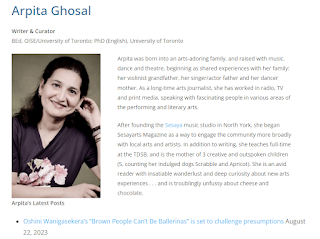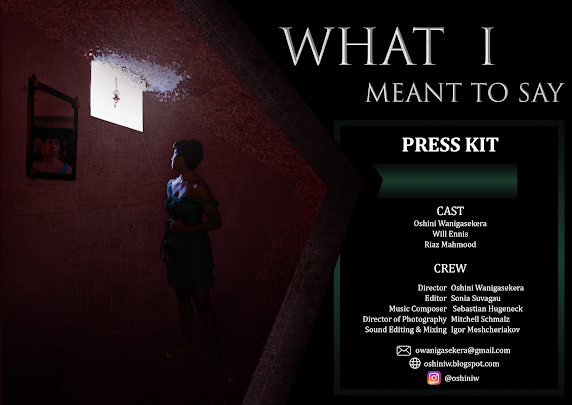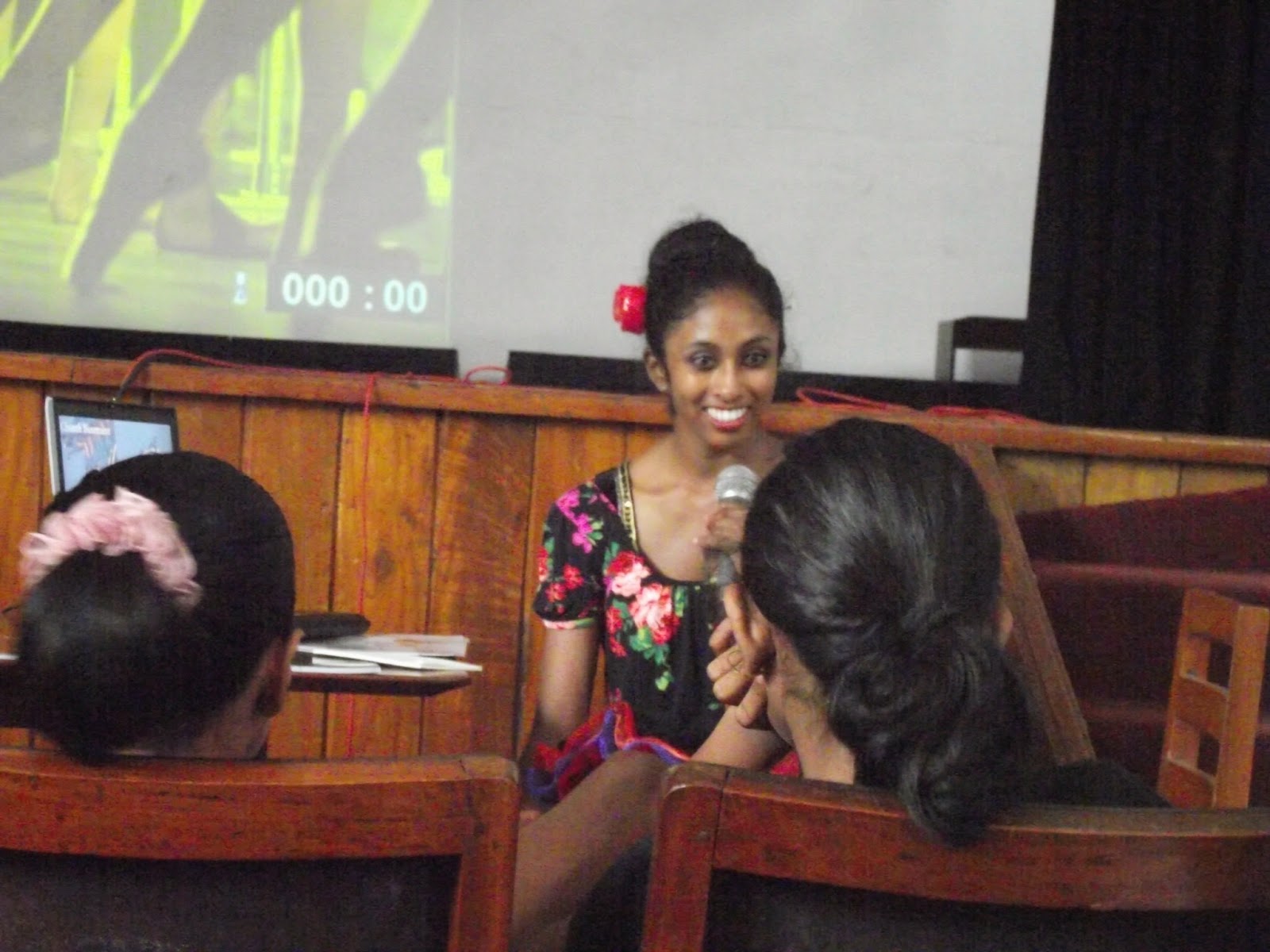This film was created for the Toronto Animated Image Society's Anti-racism Residency in April of 2024. I presented an artist talk at TAIS that covered my experiences as a racialized artist and animator. The film's story is based on the reactions I have received as a retired ballet dancer who entered the animation industry. Within TV animation, I experienced the same acts of racism that I had experienced as a performer. This fueled me to become a director. I hope that my service on the board of TAIS, being an arts educator, and my continued film and theatre work will build a better future for artists.
"I Can't Do This Anymore" premiered in Nov 2024 at the Royal Cinema in Toronto as part of the 18th Annual TAIS Animation Showcase. It was also an official selection of TAAFI (Toronto Animation Arts Festival International) and the 22nd Annual Filmi: Toronto’s South Asian Film Festival.











































